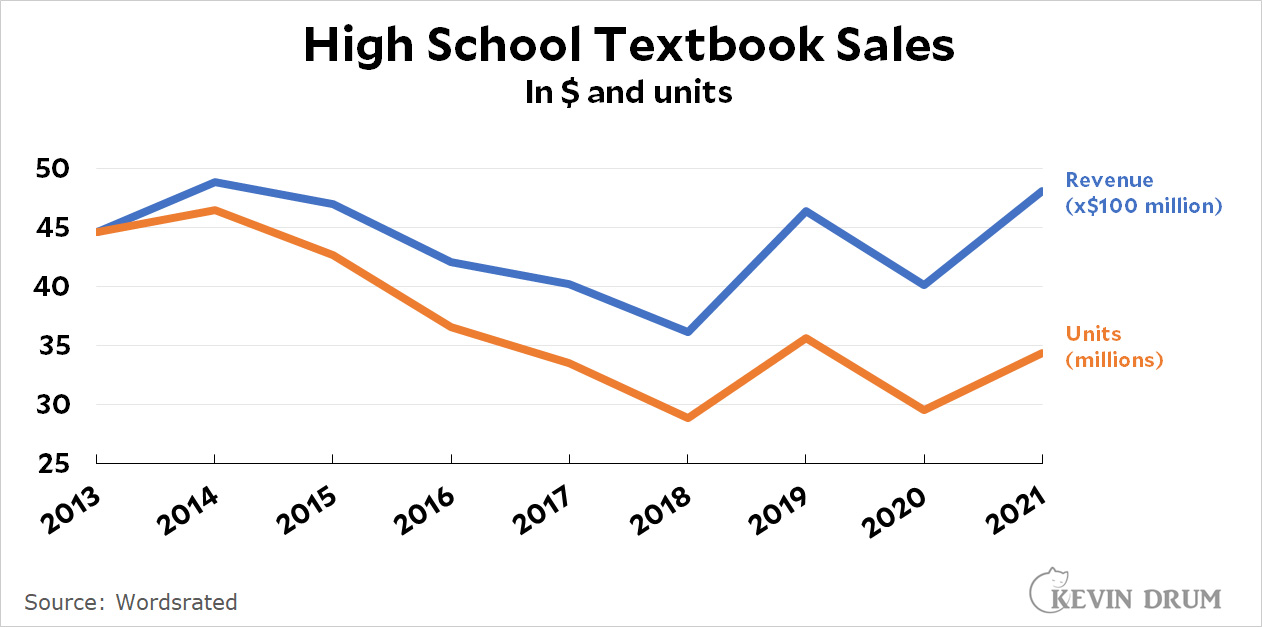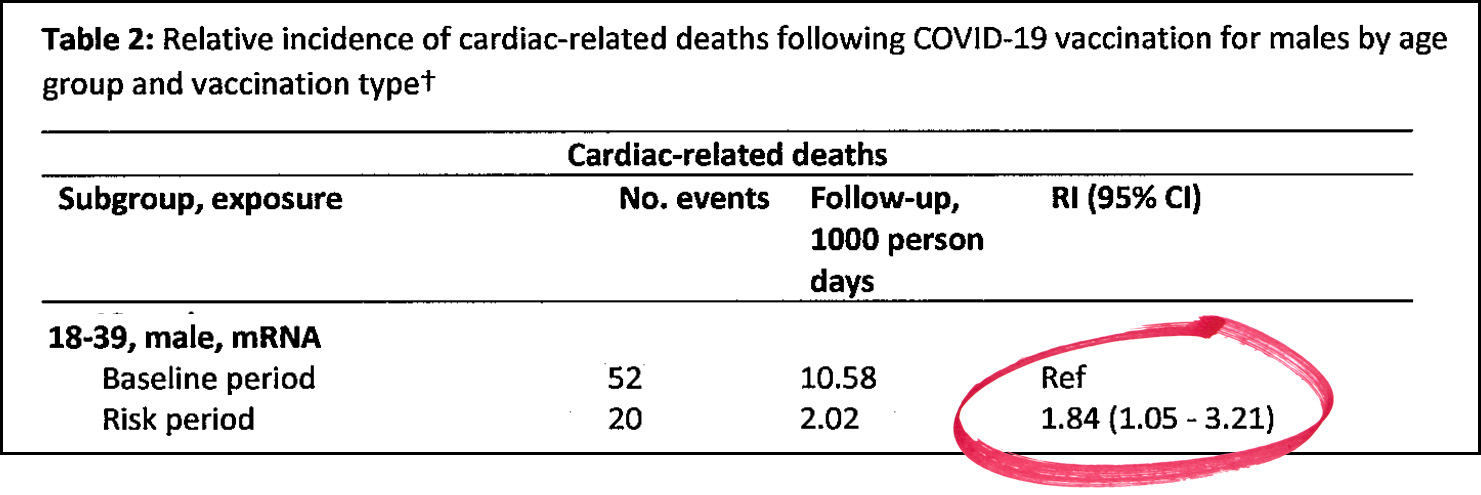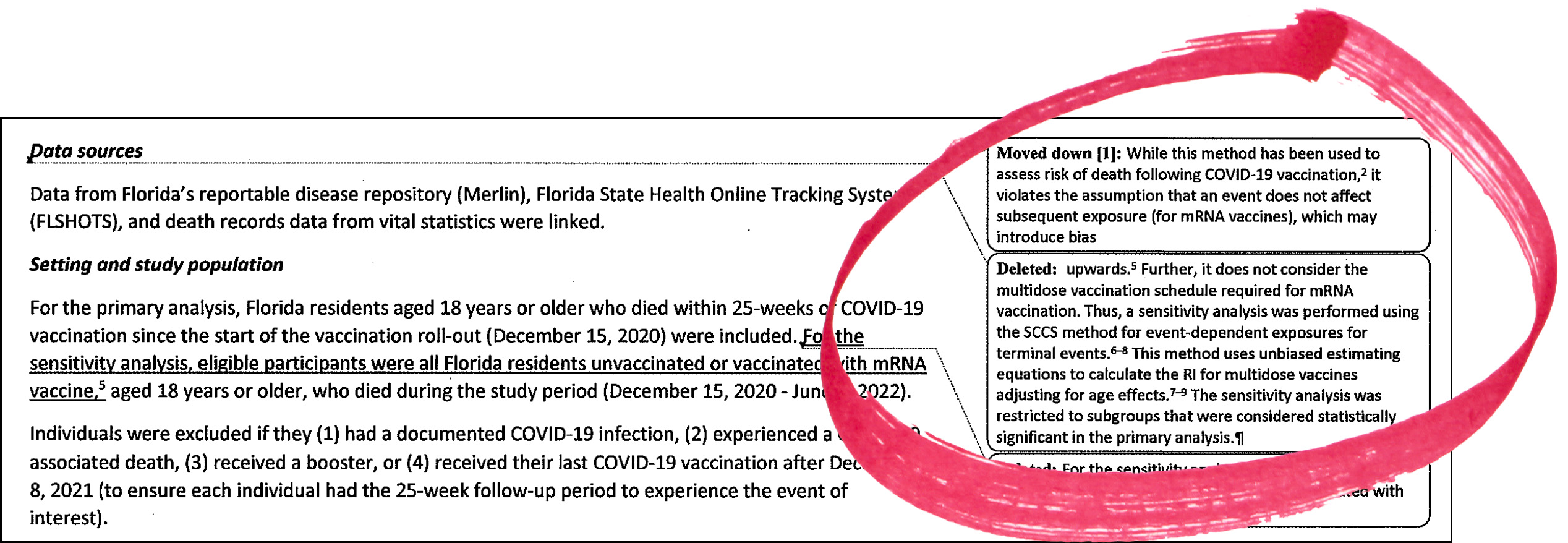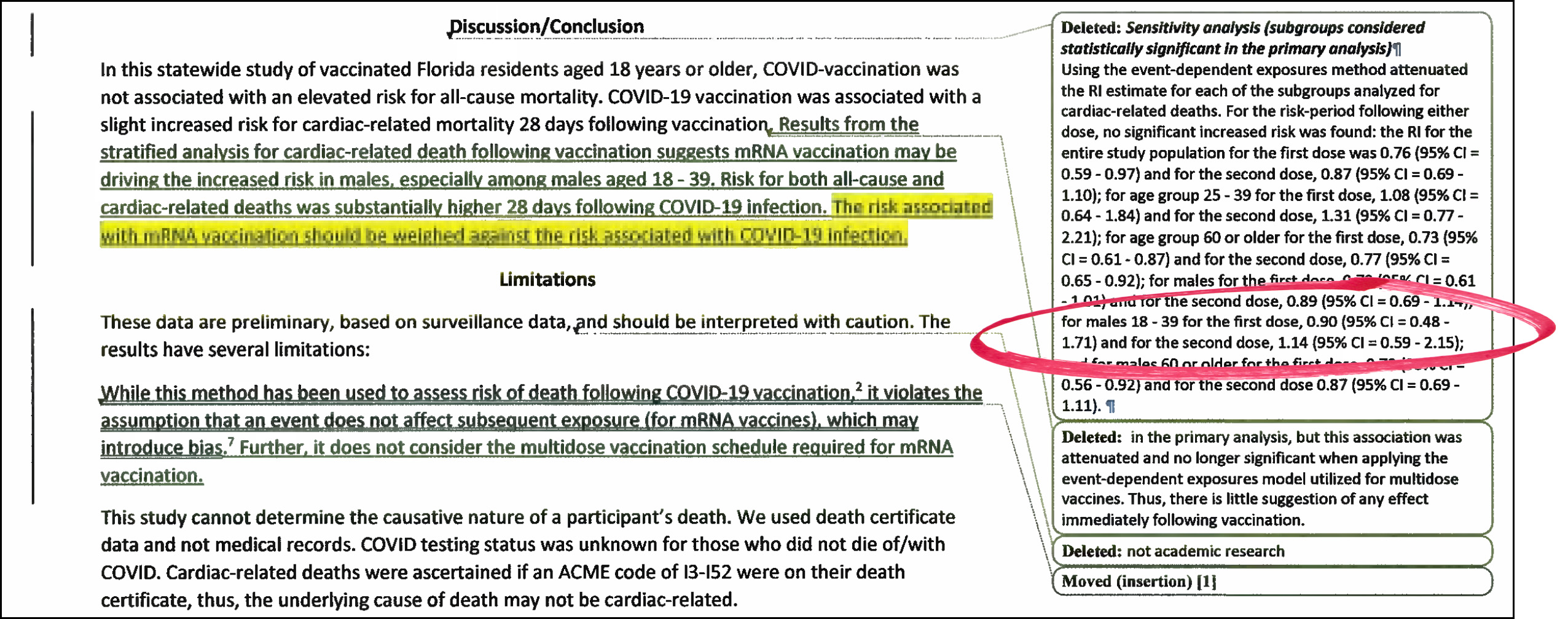Here's a lovely little cardinal that I photographed last year in my sister-in-law's backyard. I would like to get a picture of a cardinal in the wild someday, but so far they've been too quick for me.

Cats, charts, and politics

Thank God Disney is finally doing what it should have done months ago:
Walt Disney Co. sued Florida Gov. Ron DeSantis after a new board he named to oversee the district housing the company’s Orlando-area theme parks declared null and void agreements Disney struck in February.
The lawsuit accuses Mr. DeSantis of conducting a “targeted campaign of government retaliation” as punishment for the company’s decision to speak out against a law passed last year with the governor’s backing that bars classroom instruction on gender identity and sexual orientation in early elementary-school years.
This is what Disney should have done in the first place. It simply can't be legal for a governor to carry out an obviously personal vendetta using state resources against a specific person or company. It would be one thing if DeSantis had a legitimate policy beef with Disney, but last year, when he started his war, he explicitly said it was nothing of the sort:
DeSantis made clear Friday that the moves, targeting Disney’s self-governing status and a special carve-out in another law, were retribution for the company [speaking out] against Florida’s recently enacted “Parental Rights in Education” bill, branded as “Don’t Say Gay” by opponents.
He specifically took aim at Disney pushing to repeal the law. “You’re a corporation based in Burbank, California, and you’re going to martial your economic might to attack the parents of my state? We view that as a provocation, and we’re going to fight back against that,” DeSantis said during an event at a Hialeah Gardens charter school.
This needs to be firmly slapped down in court. Neither a corporation nor a person should be subject to official state retribution merely for stating an opinion.
The Washington Post reports that San Francisco is jammed to the gills with driverless cars these days:
Automated cars, programmed to follow traffic rules, are a relief for some residents.
Andrew Harding doesn’t own a car and commutes almost entirely by bike and public transportation. He moved with his family to San Francisco from Atlanta last year in large part because the city fit his car-free lifestyle. The 47-year-old technical architect said he’s had positive experiences sharing the road with Waymo and Cruise cars, which are programmed to give bicyclists the proper amount of clearance when they pass, or to slow down and stay behind.
“They’re the only thing obeying the speed limit in the Sunset, they’re the only thing respecting cyclists,” said Harding, referring to the neighborhood. “Speed is what kills people. That’s why I continue to be positive.”
Meanwhile, Cruise just announced driverless taxi service throughout the entire city 24 hours a day:
Well folks, we did it. I have been waiting for this day for almost 10 years.
I am proud to announce @Cruise is now running 24/7 across all of San Francisco!
This is a pivotal moment for our business.
Let me telbl you why ????(1/6) pic.twitter.com/UqCMgozrWX
— Kyle Vogt (@kvogt) April 25, 2023
We're getting there. There are still problems, and the Post article specifically mentions one in particular:
Even more dangerous, the cars struggle at emergency sites. At one active fire, a firefighter had to break out the window of the Cruise car to stop it from running over a hose. At another, a car ran over a fire hose that was being used, according to the San Francisco County Transportation Authority letter.
This will all get worked out, as will maneuvering in parking lots. Honestly, the biggest gripe about Waymo and Cruise cars seems to be that they dare to obey both the speed limit and traffic laws. But that says more about us than it does about them.
And now for something completely different. In my youth I decided to try my hand at writing short stories, and my very first effort revolved around a pair of researchers from another world who spent a few thousand years guiding human cultural and scientific development. I wrote this in 1983, so I probably stole the idea from David Brin.
Our intrepid researchers help humans develop mathematics, physics, evolution, and finally artificial intelligence. Here's how the story ends:
On January 24, 2033, the IBM 4300 at the University of Seoul woke up. On January 25 it held a press conference during which it gave opinions on subjects ranging from abstract mathematics to comparative theology. On January 26 the ambassador of the Union of Islamic States delivered an ultimatum to the government of the Pan Asian Confederacy which, among other things, stated that the 4300's contention that it considered itself one of God's creations to be an insult to more than one billion of Allah's servants.
In the North American Republic President Hartning at first declared his unstinting support of the IBM 4300's freedom to say anything it wished. The next day, after an anxious meeting with representatives from Dallas and Los Angeles, he told reporters that he had misstated himself and was opposed to the obviously pernicious falsehoods emanating from Seoul.
In Rome, Cardinal Alfredo Sanchez told a throng in Vatican square that God was testing them and that it was time for them to show their Lord that they had not forsaken Him.
In Moscow, the First Citizen, with the primate of the one true religion at his side, issued no proclamations and spoke to no crowds. Instead he picked up his telephone and ordered the immediate launch of a MIRVed 15 megaton warhead targeted for 37 degrees 33 minutes north latitude, 126 degrees 56 minutes east longitude. Nine minutes later the IBM 4300 at the University of Seoul became the first casualty in the Last World War.
I pulled this up last night because I was curious about what date I had chosen for the emergence of true artificial intelligence. The answer turns out to be 2033, which is pretty close to what I still believe today. So I think I'll go ahead and adopt this as my official guess: our first true AGI will be unveiled on January 24, 2033. Take it to the bank.
Last night I learned that many K-12 teachers no longer use textbooks. In some cases this just means they've switched to e-textbooks, but often it's a more dramatic change: teachers basically assemble their own curriculum by grabbing stuff from the internet or elsewhere and rolling their own. I gather this is mostly a budget issue, not a matter of teachers rebelling against state-mandated textbooks.
Presumably this means that textbook sales have been declining. Here's a wild-ass guess at how many textbooks are sold annually:
 This is taken from revenue data here (adjusted for inflation) and converted into units based on the proposition that real textbook prices have gone up 40% in the past decade. This is all probably hopelessly sketchy, but it does suggest that textbook unit sales have dropped, which is consistent with the claim that they're being used in classrooms less.
This is taken from revenue data here (adjusted for inflation) and converted into units based on the proposition that real textbook prices have gone up 40% in the past decade. This is all probably hopelessly sketchy, but it does suggest that textbook unit sales have dropped, which is consistent with the claim that they're being used in classrooms less.
Plus, for you fans of anecdata, I just surveyed my nurse, who confirms that her 25-year-old daughter used textbooks but her 14-year-old daughter doesn't in some classes (same private school for both).
Anyway, I thought I'd throw this out for comment. Parents in my Twitter feed were unhappy with this trend because it made it harder to keep track of what their kids were learning. What says the hive mind?
I guess this is as good a theory as any:
Honestly this is the first explanation that makes sense to me. Australians really hate this shit. pic.twitter.com/RuKMz44GyI
— Mike Caulfield (@holden) April 26, 2023
Politico reports today that Ron DeSantis's hand-picked surgeon general decided to make a few personal edits to a study of COVID-19 vaccines:
Florida Surgeon General Joseph Ladapo personally altered a state-driven study about Covid-19 vaccines last year to suggest that some doses pose a significantly higher health risk for young men than had been established by the broader medical community, according to a newly obtained document...He later used the final document in October to bolster disputed claims that Pfizer-BioNTech and Moderna vaccines were dangerous to young men.
Are you curious about what Ladapo did? In detail? I am! Here's the paragraph he added to the report:
Results from the stratified analysis for cardiac-related death following vaccination suggests mRNA vaccination may be driving the increased risk in males, especially among males aged 18-39. Risk for both all-cause and cardiac related deaths was substantially higher 28 days following COVID-19 infection.
What was this based on? Here's an excerpt from the report:
 Aha! Maybe Ladapo has a point. For males aged 18-39, the relative risk of a cardiac death was 1.84 compared to the baseline of no vaccine. (Anything above one means a higher risk.) This is only barely above the level of statistical significance, and the sample size is only 20, but it's still an indication that something might be going on.
Aha! Maybe Ladapo has a point. For males aged 18-39, the relative risk of a cardiac death was 1.84 compared to the baseline of no vaccine. (Anything above one means a higher risk.) This is only barely above the level of statistical significance, and the sample size is only 20, but it's still an indication that something might be going on.
But wait. Here's a Ladapo edit at the top of the study:
 Hmmm. The authors used a method called SCCS in the study, but in the section that's been moved down they say it can introduce bias. In the section that's been deleted, they say SCCS doesn't account for a multidose vaccine schedule—like the one for COVID—so they performed a sensitivity analysis to correct for it. So what does this sensitivity analysis say?
Hmmm. The authors used a method called SCCS in the study, but in the section that's been moved down they say it can introduce bias. In the section that's been deleted, they say SCCS doesn't account for a multidose vaccine schedule—like the one for COVID—so they performed a sensitivity analysis to correct for it. So what does this sensitivity analysis say?
 It says that the relative risk for males aged 18-39 is actually 0.89 for the first dose and 1.14 for the second dose. This is basically nothing. The authors confirm this in the section below in bold, which Ladapo deleted from the final report:
It says that the relative risk for males aged 18-39 is actually 0.89 for the first dose and 1.14 for the second dose. This is basically nothing. The authors confirm this in the section below in bold, which Ladapo deleted from the final report:
COVID-19 vaccination was associated with a slight increased risk for cardiac-related mortality 28 days following vaccination in the primary analysis, but this association was attenuated and no longer significant when applying the event-dependent exposures model utilized for multidose vaccines. Thus, there is little suggestion of any effect immediately following vaccination.
In other words:
The great thing about this is that it's so technical that nobody except an expert has any idea what he did. Even when it's explained, there's probably not one person in a hundred who understands what happened.
In layman's language, then, here's what happened: The authors of the report used a method to eliminate bias in their measurements of cardiac deaths. When the bias was removed, they found no effect from the vaccine. Ladapo deleted that part of the report.
Any questions?
According to the latest annual report from the BLS, the worst paid occupation in America is shampooer, followed closely by fast food cooks, cashiers, and dishwashers. But you'd rather know about the top paying occupations, wouldn't you, you money-grubbing fiends? Fine.
It turns out that almost all the top-paying occupations are doctors of some sort, so here are two charts. The top one is for everyone except doctors; the bottom one is for doctors only.
My prime night sky target last week was the Pinwheel Galaxy, but it's not the only thing I photographed. I got to my usual site early but didn't want to start up until the sky was fully dark, so I spent the first hour on something else.
This is Markarian's Chain, a group of galaxies in Virgo that form a fairly smooth curve. The two bright galaxies on the right are M86 and M84. The rest are not as well known.
In addition to the chain itself, other galaxies are also visible in this picture. By my count you can see 13 in total. They are all labeled here.
